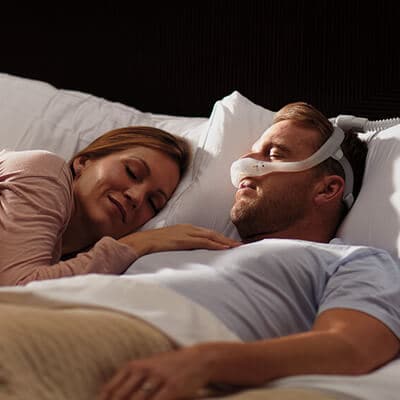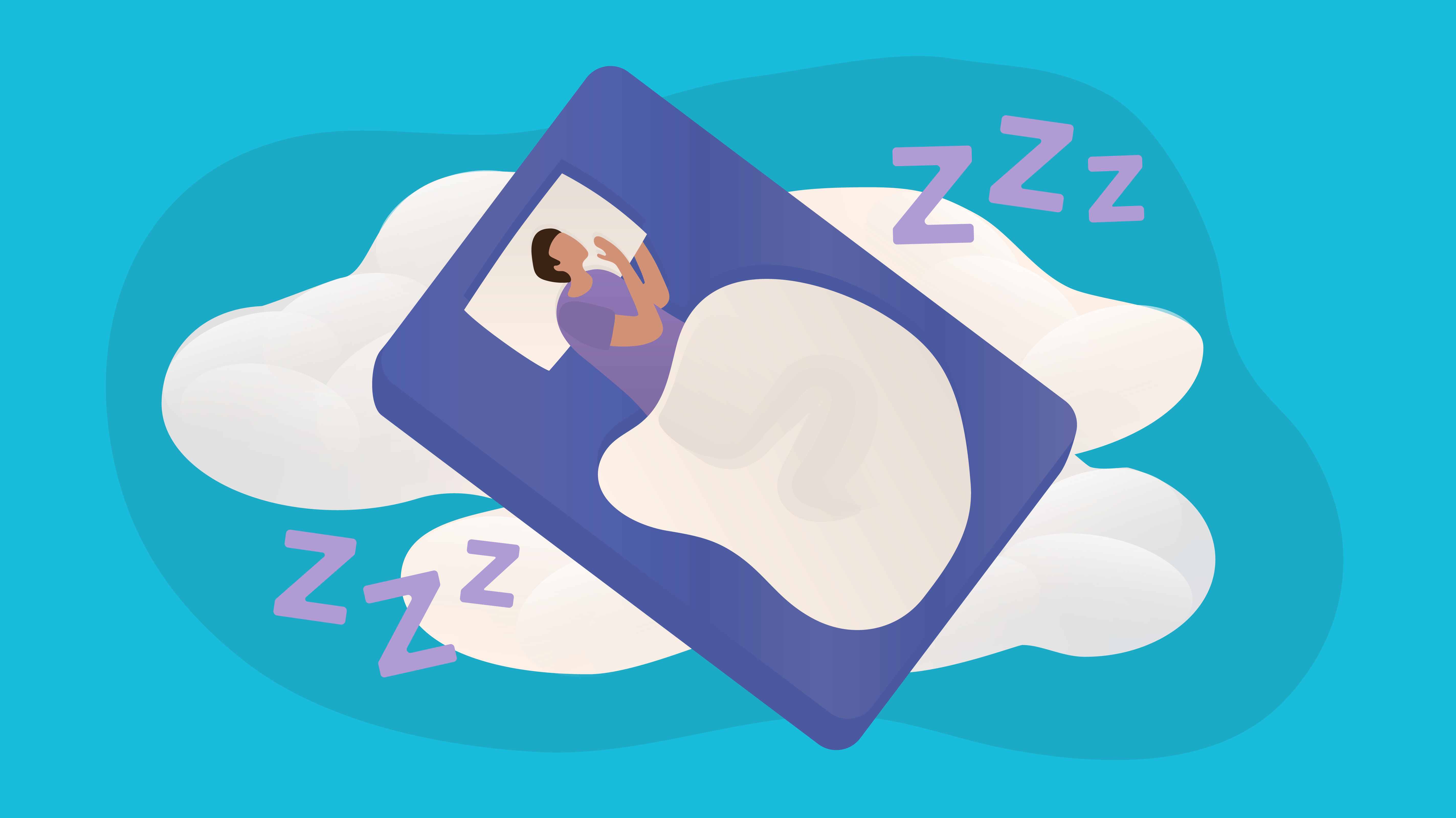Efficient Treatment Solutions for Taking Care Of Rest Disorders and Enhancing Relaxing Rest
In the realm of medical care, the monitoring of sleep disorders and the quest for relaxed sleep are critical parts of overall wellness. As we navigate the elaborate landscape of rest disorders and seek to improve our rest experience, a much deeper understanding of these therapy remedies might hold the trick to unlocking a much more relaxing and fulfilling corrective journey.
Cognitive Behavior Modification for Sleeping Disorders (CBT-I)
Cognitive Behavior Modification for Sleep Problems (CBT-I) is a structured, evidence-based treatment strategy that focuses on attending to the hidden variables adding to rest disruptions. This type of therapy aims to customize habits and ideas that worsen insomnia, inevitably advertising healthy and balanced rest patterns. CBT-I commonly includes numerous vital parts, consisting of cognitive treatment, rest constraint, stimulation control, and rest hygiene education.
Cognitive therapy assists people recognize and transform negative thought patterns and ideas concerning rest that may be hindering their ability to drop or remain asleep. Sleep restriction includes limiting the amount of time invested in bed to match the individual's actual rest duration, thereby increasing sleep efficiency (sleep improvement therapy). Stimulus control strategies assist establish a strong association in between the bed and sleep by encouraging people to visit bed just when sleepy and to avoid participating in boosting activities in bed
Furthermore, rest health education concentrates on establishing healthy and balanced rest practices, such as preserving a regular sleep timetable, creating a relaxing going to bed regimen, and optimizing the sleep setting. By resolving these aspects comprehensively, CBT-I uses an efficient non-pharmacological treatment for managing sleep problems and boosting total rest quality.
Sleep Health Practices
Having established the foundation of cognitive restructuring and behavior adjustments in addressing sleep problems through Cognitive Behavior modification for Sleeplessness (CBT-I), the emphasis currently moves in the direction of checking out crucial Sleep Health Practices for maintaining optimal sleep quality and total well-being.
Sleep hygiene methods include a variety of behaviors and environmental factors that can considerably impact one's ability to sleep and remain asleep throughout the evening. Regular sleep and wake times, producing a relaxing going to bed regimen, and maximizing the sleep atmosphere by maintaining it dark, peaceful, and cool are critical components of good sleep hygiene. Limiting exposure to displays before going to bed, staying clear of energizers like caffeine near to going to bed, and taking part in routine exercise throughout the day can additionally promote better sleep high quality.
Furthermore, practicing leisure techniques such as deep breathing workouts or meditation before bed can assist calm the mind and prepare the body for rest. By integrating these sleep health methods into one's everyday routine, people can establish a healthy and balanced sleep pattern that sustains peaceful sleep and total health.
Leisure Techniques and Mindfulness
Applying leisure methods and mindfulness methods can play a crucial role in fostering a sense of calmness and advertising high quality rest. Furthermore, led imagery can aid deliver people to a peaceful location in their minds, aiding in anxiety decrease and boosting sleep high quality.
Mindfulness techniques, such as reflection and yoga exercise, are likewise effective in promoting relaxation and improving sleep. Mindfulness urges individuals to stay present in the moment, releasing fret about the past or future. By including these techniques into a bedtime routine, individuals can signify to their bodies that it is time to relax and prepare for sleep. Generally, incorporating leisure methods and mindfulness methods can dramatically contribute to managing sleep disorders and enhancing overall sleep top quality.

Medicine Options for Rest Disorders
After discovering leisure strategies and mindfulness methods as non-pharmacological treatments for boosting rest quality, it is vital to take into consideration medication alternatives for individuals with sleep conditions. In situations where way of life adjustments and therapy do not provide adequate alleviation, medicine can be a valuable tool in managing sleep disturbances.
Frequently prescribed medicines for rest conditions include benzodiazepines, non-benzodiazepine hypnotics, antidepressants, and melatonin receptor agonists. Benzodiazepines, such as diazepam, are sedatives that can assist induce sleep, yet they are commonly advised for temporary use because of the risk of dependancy. Non-benzodiazepine hypnotics like zolpidem are additionally utilized to deal with insomnia and have a reduced threat of reliance compared to benzodiazepines. Antidepressants, such as trazodone, can be beneficial for people with co-occurring clinical depression and sleep disturbances. Melatonin receptor agonists, like ramelteon, target the body's natural sleep-wake cycle and excessive daytime sleepiness natural treatment can be helpful for managing sleep patterns.
It is essential for people to consult with a doctor to identify one of the most appropriate drug option based upon their specific rest condition and medical history.
Light Treatment for Body Clock Policy
Light treatment, likewise referred to as photo-therapy, is a non-invasive therapy method utilized to manage circadian rhythms and boost sleep-wake cycles. This treatment involves exposure to brilliant light that imitates natural sunlight, which assists to reset the body's internal clock. By revealing individuals to certain wavelengths of light, usually in the early morning or night depending on the wanted effect, light therapy can effectively adjust the body clock to promote wakefulness throughout the day and improve relaxing sleep at night.
Study has actually revealed that light therapy next can be specifically useful for people with body clock disorders, such as delayed sleep phase disorder or jet lag. It can also be handy for those experiencing seasonal depression (SAD), a sort of clinical depression that commonly occurs during the winter season when all-natural light exposure is decreased. Light therapy is typically well-tolerated and can be utilized in conjunction with other treatment techniques for sleep problems to enhance results and improve general rest quality.
Conclusion
To conclude, effective treatment solutions for taking care of sleep conditions and improving peaceful sleep consist of Cognitive Behavior modification for Sleep Problems (CBT-I), rest hygiene techniques, leisure methods and mindfulness, medicine options, and light therapy for body clock law. These strategies can assist people enhance their sleep quality and overall wellness. It is very important to consult with a medical care service provider to determine the most suitable approach for resolving sleep problems.
As we navigate check my source the intricate landscape of rest conditions and seek to boost our sleep experience, a deeper understanding of these treatment solutions may hold the secret to unlocking an extra relaxing and satisfying corrective journey.
Rest constraint involves restricting the quantity of time invested in bed to match the person's real rest duration, thereby raising rest effectiveness. Consistent rest and wake times, developing a relaxing going to bed regimen, and enhancing the rest environment by maintaining it dark, quiet, and cool are essential parts of great sleep health. Light therapy is usually well-tolerated and can be used in conjunction with other therapy approaches for rest disorders to optimize end results and enhance overall sleep quality.
